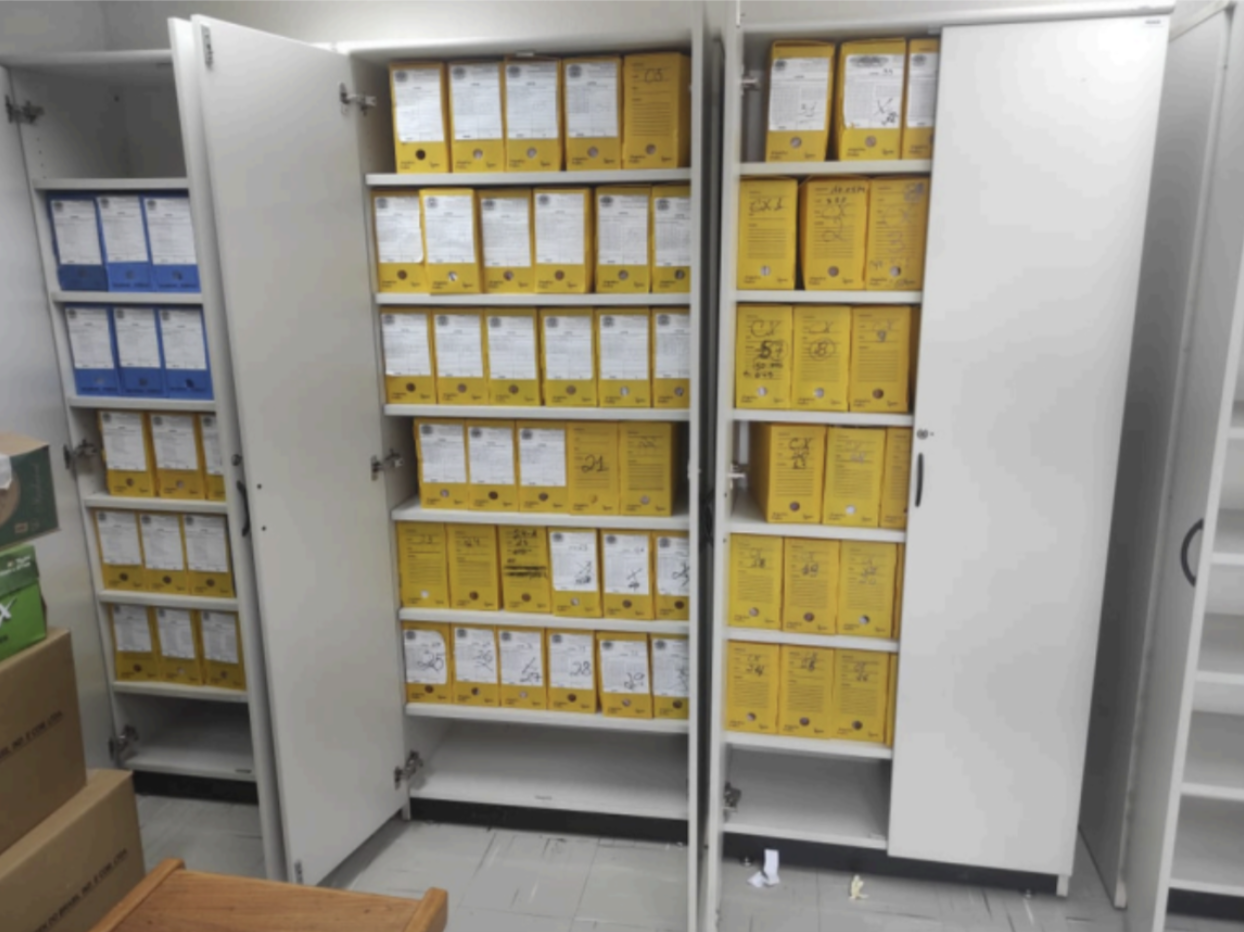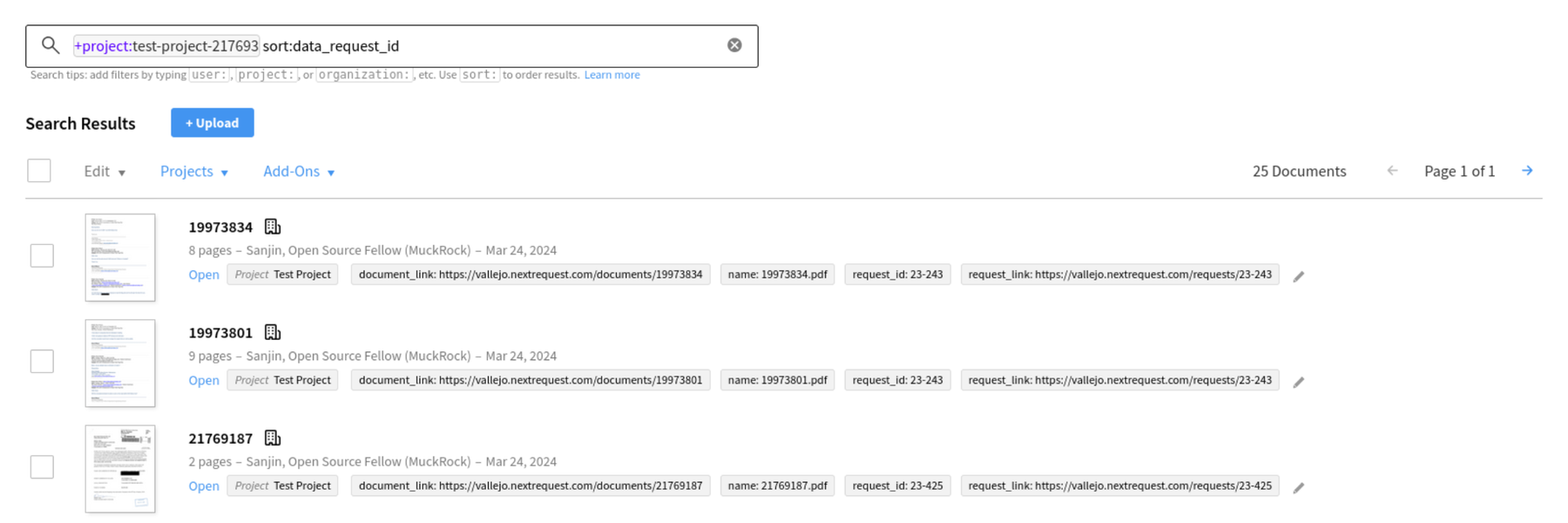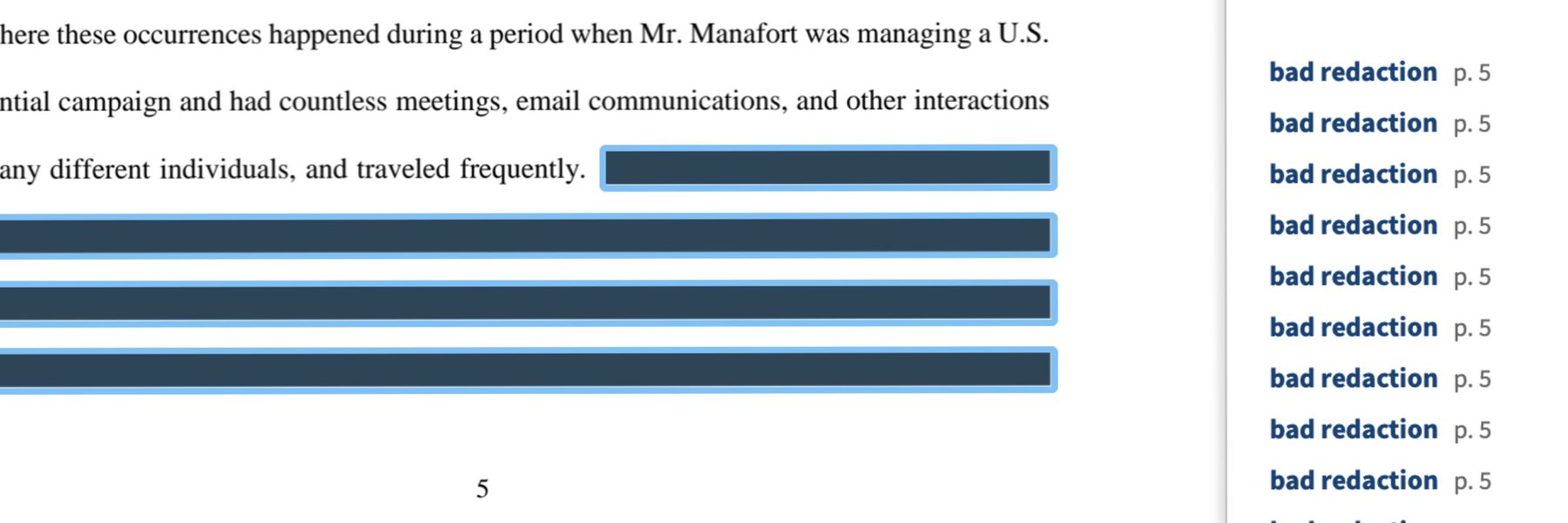In Brazil, presidents and other top government officials have the right to use “corporate cards” to cover occasional travel expenses and other small value purchases on behalf of the federal government.
In January 2023, the Brazilian journalism non-profit Fiquem Sabendo secured access to over 13,000 pages of corporate card expense invoices, which were previously shrouded in secrecy and hidden away in physical filing cabinets.
Last week, the Brazilian newsroom detailed how they meticulously scanned and organized these documents, making them accessible for the public on DocumentCloud and Filecoin for long term preservation.

Fiquem Sabendo faced many challenges on this project, largely because the invoices were all on paper and needed to be scanned and the data needed to be extracted. Once scanned, the newsroom used DocumentCloud to clean up documents (including blank page removal and document rotator Add-On) and used advanced optical character recognition (OCR) tools to transform those scanned images into text. The result: You can now browse and search the entire collection, and it is permanently preserved and available via IPFS.
As a result of their work, over 3,000 news articles have covered corporate card expenses in Brazil.
You can read the slides for the presentation and watch the full webinar below.
The Update
- UGA law clinic stepping away from transparency work: The University of Georgia School of Law’s First Amendment Clinic “will no longer provide direct advocacy for open records or open meetings,” reports Amber Perry in Appen Media. The clinic has worked with various local newsrooms with direct advocacy work related to open records, including working with Lucy Parsons Lab and the Atlanta Community Press Collective on suing for records related to the controversial Atlanta Public Safety Training Center.
- New Jersey voted in favor to change state’s open records law: The New Jersey Legislature voted in favor of a bill that would “roll back access to government documents and data” by amending the state’s Open Public Records Act, reports Katie Sobko in NewJersey.com. The bill has been sent to Gov. Phil Murphy to sign into law, with the NewJersey.com editorial board calling for the governor to veto the bill.
- New York agency spends over 50 grand reviewing Tesla docs: A New York agency spent 14 months and over $50,000 to respond to a public records request about a Tesla factory in South Buffalo, reports J. Dale Shoemaker in the Investigative Post. The agency used an Albany law firm to review and redact documents before releasing them to the newsroom. You can read the documents that were released on DocumentCloud.
FOIA Finds
-
How the DC police surveilled protesters through social media: Following a public records lawsuit that resulted in 700,000 pages of documents being released, the Brennan Center and Data for Black Lives found that the District of Columbia’s Metropolitan Police Department worked with federal law enforcement agencies to surveil protesters in 2020 and 2021, writes Ivey Dyson, José Guillermo Gutiérrez and Yeshi Milner at the Brennan Center for Justice. The organization has made these documents available on their website.
-
Documenting Los Angeles’ tree population: Data journalist Matt Stiles used public records to compile data on 1.6 million trees in Los Angeles and Los Angeles County, with information including the tree’s coordinates and species. Stiles created a data visualization of the trees and put the underlying data on GitHub.
-
Public records reveal alleged cover-up in Washington state: According to new documents obtained by the Tri-City Herald through Washington’s Public Records Act, Franklin County officials attempted to “force an employee to lie to detectives and prosecutors,” reports Cory McCoy.




